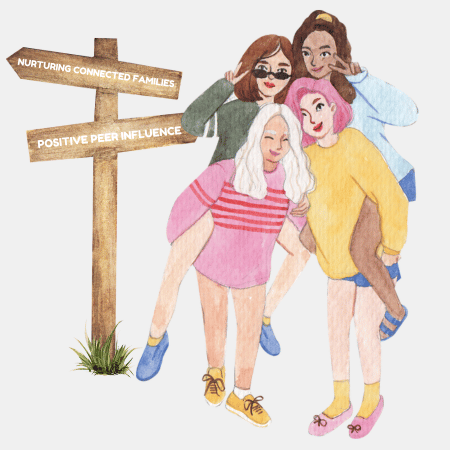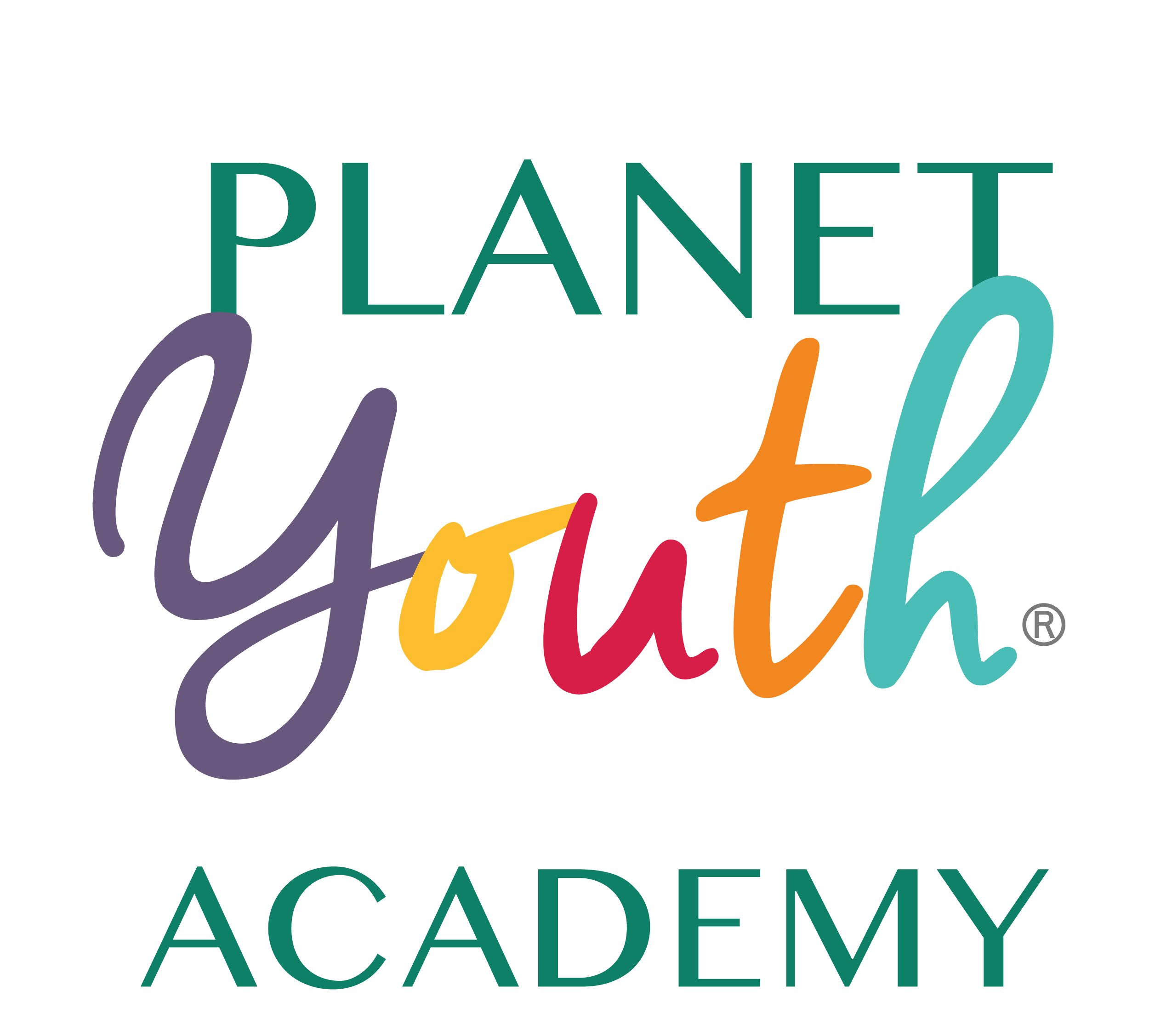The Planet Youth Practice Toolbox:
The Peer Group Domain
Connecting Families

Nothing About us - Without Us
Understanding Social Norms
Good friends provide emotional support and encouragement during challenges, helping each other navigate social situations.
